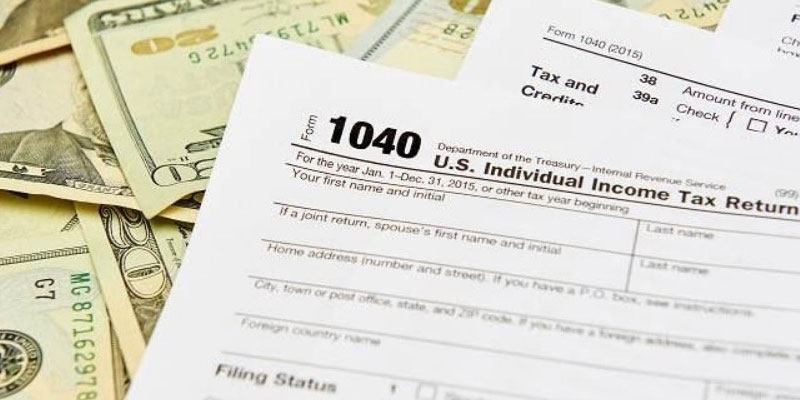An official statement from the underwriter explaining that you have met all underwriter requirements you can refer to as a clear to close. It sometimes is known as a CTC for short. There is an explanation for happiness as this shows that your credit score, debt-to-income ratio, acceptance, work history, and several other details have been verified.
Clear to close mortgage or cleared to close suggests that your file has been investigated and considered suitable by the “Title Company and financial underwriter” responsible for your loan. It will only take a few days for your lender to fund the loan and complete the settlement, also known as closing.
What Happens After You’re Clear to Close?
After the loan is cleared for closing, a number of various events will take place over the next few days.
Receive and Review Your Initial Closing Disclosure
The financing officer will prepare and send you your initial closing sharing as soon as they update you that it is time to close. The important information about the deal, such as the interest rate and term, the type of loan, the closing costs, and the total amount of cash necessary to close, appears in your initial closing communication.
You must sign your loan documents three business days after receiving your initial closing sharing. Any day other than Sundays and national holidays is considered a business day.
Make sure you're getting the deal your lender promised by assessing your initial closing disclosure as soon as possible and analyzing it to your loan estimate. Take your loan officer to task as soon as possible to address any inquiries or worries you may have so they can clarify or change your initial closing sharing. The three-day countdown will begin fresh if they have to issue another one.
Initiate Funding
Once your lender has examined your signed loan documents, you will cable any necessary funds, and your lender will pay the escrow firm with the proceeds of your loan.
After that, the escrow firm will distribute those funds to the correct beneficiaries. The home seller and seller's financing lender (if you're buying), your house insurance provider, the local property tax agency, and your current mortgage lender (if you're refinancing) are some examples of these parties.
Settle the Loan
Ultimately, your loan will be arrived at by a settlement agent. If, at closing, you overcharged for any estimated prepayment items, you will receive a refund. Copies of all the final loan-related records will also be sent to you.
How Long from Clear to Close to Closing?

According to a number of factors, your loan may close and be funded in less than a week from the time it is cleared to close.
Closing Disclosure Accuracy
You are going to be able to sign documents more quickly if the loan terms and figures on your initial closing sharing are correct than if they need to be changed. Consider that you cannot sign your loan documents up to three days after you receive your initial closing disclosure (or, in certain situations, an updated version).
State Where the Property Is Located
The laws controlling the signature of real estate documents range by state. The majority of states let you sign loan documents, and within a day, your loan can be funded and recorded. These steps must be completed within three days in particular states.
What Are the Steps to Achieving Clear to Close?
The lengthiest stage of the house-buying process is the techniques you must complete in order to be clear to close.
Any major life changes should be delayed in order to maintain order. Hold onto your job. Avoid obtaining new credit cards. Try not to apply for any other loans, please. Keep being focused on receiving the mortgage approved. Meeting your lender's prerequisites should be your top goal right now.
Provide Closing Documents
For final approval, your loan officer will need several types of documents, such as wages and bank statements. Additionally, when attempting to calculate your debt-to-income (DTI) ratio, they will ask you to view your credit report.
Maintain organization by keeping your financial records in a paper or digital file. As you move on through the underwriting process, keep the file current. At any point, your loan officer is free to request updated or new paperwork.
Get Approved by Underwriting
The underwriters will be getting your paperwork from your loan officer. The underwriters will do a thorough examination of your financial information, assets, credit history, and debt-to-income ratio. Assessing that they can pay for the house and the monthly mortgage payments is their first anxiety.
In order to get clear to close status, underwriting can additionally place extra criteria, such as:
- Showing signed copies of the purchase agreement
- Disclosing specifics regarding significant deposits made to your bank account
- Clarifying any strange financial situation
- Submitting a gift letter or letters if friends or family are the source of art or all of the initial deposit.
- The lender will set the closing date after you take underwriting.
Conclusion
Clear to close basically suggests that you've satisfied the requirements and conditions necessary for closing your mortgage. At this point, your lender has carefully looked over your file and confirmed that you are suitable for the kind and amount of mortgage you are applying.
The escrow agent and mortgage underwriter designated for your loan have looked over your file. You're moving toward closing on your ideal house and obtaining your loan. The lender has decided to check with the Title Company or legal professional to confirm the closing date.




